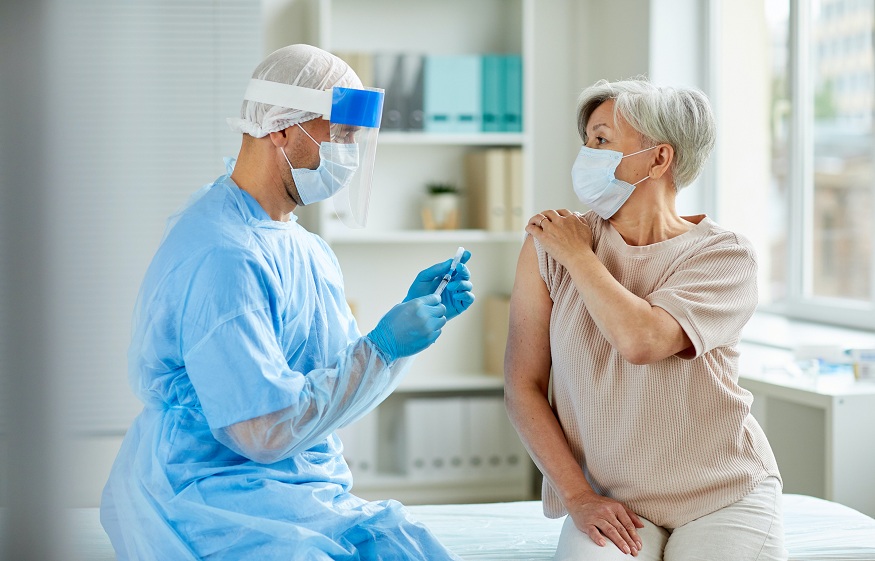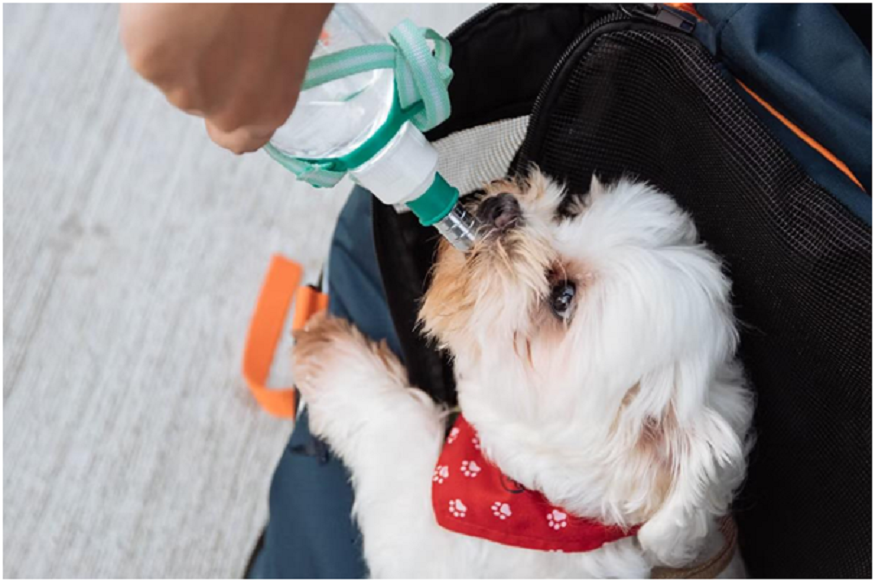The COVID-19 vaccine, like any other vaccine, can cause localized swelling and pain at the injection site. This can sometimes cause changes in the appearance of the breast tissue, which can impact mammogram results.
It is recommended that women who have recently received the COVID-19 vaccine inform their healthcare provider, who may then advise them to delay their mammogram for a few weeks to allow the swelling and pain to subside. This can help ensure that the mammogram results are accurate and that any changes in the appearance of the breast tissue can be clearly attributed to the vaccine.
However, it is important to note that the impact of the COVID-19 vaccine on mammogram results is typically temporary and does not pose any long-term risks to breast health. The swelling and pain at the injection site typically resolve within a few weeks, and the breast tissue returns to its normal appearance.
In conclusion, while the COVID-19 vaccine can impact mammogram results, it is a temporary and minor issue that does not pose any long-term risks to breast health. Women who have recently received the vaccine are advised to inform their healthcare provider, who may advise them to delay their mammogram for a few weeks to allow the swelling and pain to subside. However, there is no need to worry, as the impact of the vaccine on mammogram results is typically temporary and resolves within a few weeks.
Certainly, here is an example to illustrate the impact of the COVID-19 vaccine on mammogram results:
A 45-year-old female patient presents for a routine mammogram. Further evaluation reveals that the patient received her first dose of the COVID-19 vaccine three weeks prior.
Based on the patient’s recent COVID-19 vaccination, the healthcare provider advises the patient to delay her mammogram for a few weeks to allow the swelling and pain at the injection site to subside. The healthcare provider explains that this can help ensure that the mammogram results are accurate and that any changes in the appearance of the breast tissue can be clearly attributed to the vaccine.
The patient returns for her mammogram several weeks later, and the results are found to be normal. The swelling and pain at the injection site have resolved, and the breast tissue has returned to its normal appearance.
In this example, the patient’s recent COVID-19 vaccination impacted her mammogram results, but the impact was temporary and resolved within a few weeks. The healthcare provider emphasized the importance of delaying the mammogram for a few weeks to allow the swelling and pain at the injection site to subside, to ensure that the mammogram results were accurate. The patient’s mammogram results were found to be normal, and there were no long-term impacts on her breast health.




